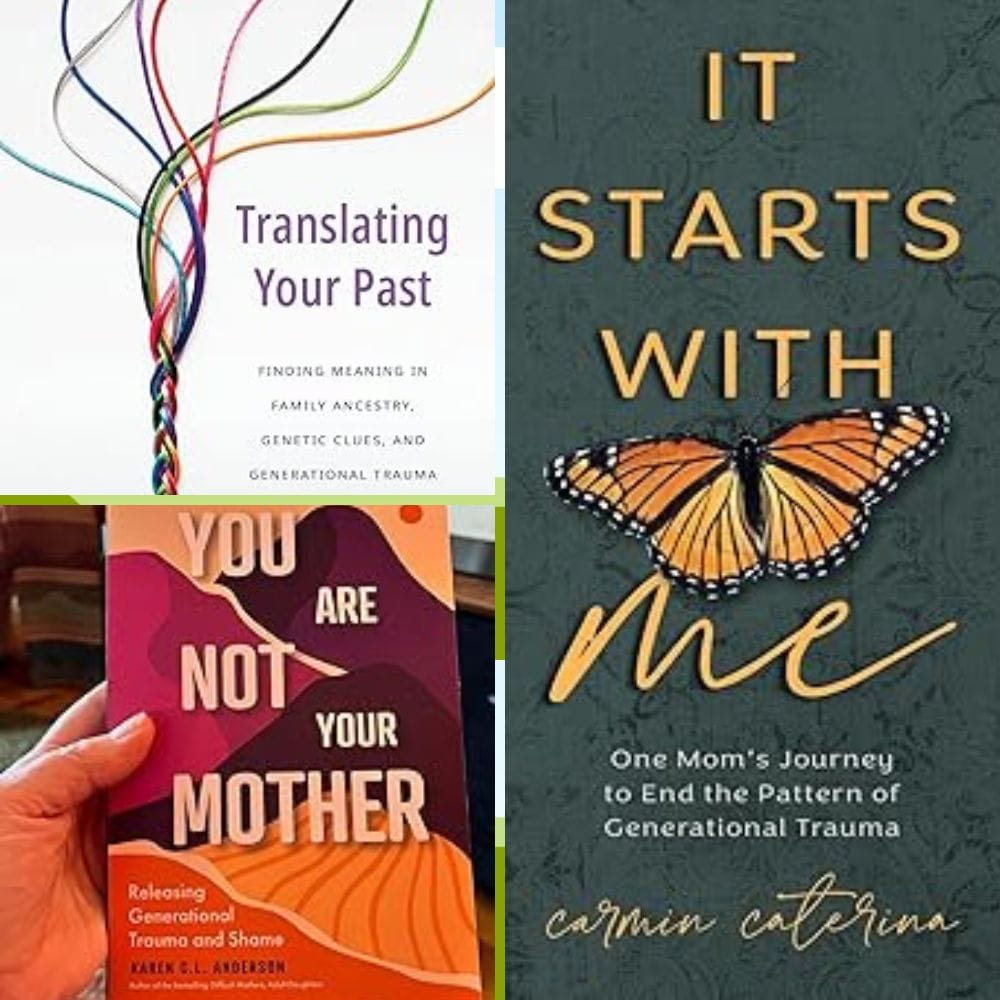Are you feeling weighed down by unresolved emotions or patterns passed down through your family? You’re not alone. Generational trauma affects countless individuals, often manifesting as anxiety, depression, or strained relationships.
Imagine breaking free from the chains of inherited pain and reclaiming your life. Our specialized program offers a safe space for you to explore these deep-rooted issues. With expert guidance, you'll learn about the impact of generational trauma on your mental health, discover coping strategies, and connect with others who share similar experiences.
Picture a future where you can heal wounds that have lingered for generations. What if you could transform your family's legacy into one of strength and resilience? By addressing generational trauma head-on, you’ll cultivate healthier relationships and foster emotional well-being for yourself and future generations.
Don’t let the past control your present any longer. Join our community today and take the first step towards healing! Sign up for our free introductory workshop and start rewriting your story now!
We hope you find your next favorite thing from the list below! Each product was independently selected by our editors. ConsistentReviews may collect a share of sales or other compensation from the links on this page if you decide to buy something (that's how we stay in business). We hope you find your next favorite thing!
How We Choose
Are you tired of feeling overwhelmed by the endless sea of Amazon reviews, only to find that you still can't identify the right generational trauma products for your needs? The frustration can be debilitating—spending hours scrolling through countless reviews, only to realize that most of them are irrelevant or misleading. This confusion leaves you feeling stuck and unsure about what’s truly best for your situation.
Imagine the anxiety building as you question whether you're missing out on the perfect solution. With every click, you risk wasting money on products that don’t address your specific experiences and struggles. The emotional toll can weigh heavily, leaving you feeling powerless and unprepared to break free from the cycles of generational trauma that affect not just you but also your loved ones. How much longer will you allow this uncertainty to fester?
Stop the cycle of confusion and frustration today! Our team of experts has meticulously sifted through thousands of Amazon reviews to curate a selection tailored specifically for your needs. We’ve done all the hard work so that you don’t have to, providing clear recommendations that will empower you to make informed decisions with confidence. Say goodbye to guesswork and hello to healing! Transform your ride today with the perfect generational trauma solutions designed just for you—because breaking free should be easy.
Reparenting Your Wounded Inner Child: Explore Childhood and Generational Trauma to Break Destructive Patterns, Build Emotional Strength, and Achieve ... 7 Empowering Steps (Heal, Grow, & Thrive) Paperback – January 9, 2024

Reparenting Your Wounded Inner Child: Explore Childhood
Everyone knows there is no such thing as a perfect childhood
This transformative guide delves into the roots of childhood and generational trauma, offering insights to help you understand and address your emotional pain. By acknowledging and nurturing your wounded inner child, you can begin to heal from past experiences that have shaped your current behavior.
Pros:
Enhanced Self-Awareness: This book encourages readers to explore their childhood experiences, fostering a deeper understanding of how past traumas shape current behaviors and beliefs.
Practical Techniques: It offers actionable steps that empower individuals to implement reparenting strategies in their daily lives, promoting emotional healing and growth.
Addressing Generational Trauma: The focus on generational trauma helps readers recognize patterns inherited from previous generations, enabling them to break the cycle of dysfunction.
Building Emotional Resilience: Readers can develop stronger emotional skills, improving their ability to cope with stress and adversity through the techniques presented in the book.
Supportive Community: Engaging with this material may help individuals connect with others who share similar struggles, creating a supportive environment for healing and growth.
Cons:
Emotional Difficulty: Exploring childhood wounds can be emotionally challenging and may trigger painful memories or feelings that some might find overwhelming.
Not a Quick Fix: Healing from trauma is often a long process; readers may feel frustrated if they expect immediate results from implementing the steps outlined in the book.
Variability in Effectiveness: The methods suggested may not work for everyone; individual differences in personality and background can affect the outcomes of reparenting practices.
Requires Commitment: Successfully engaging with the material requires time and dedication; some readers may struggle to commit fully due to busy lifestyles or other responsibilities.
Potential for Misinterpretation: Without professional guidance, there's a risk that readers might misinterpret concepts or apply them incorrectly, potentially leading to further emotional distress instead of healing.
Customer Reviews
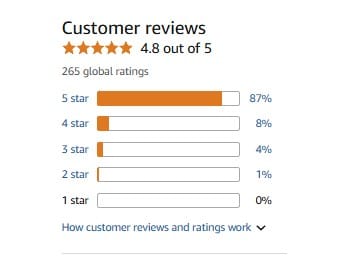
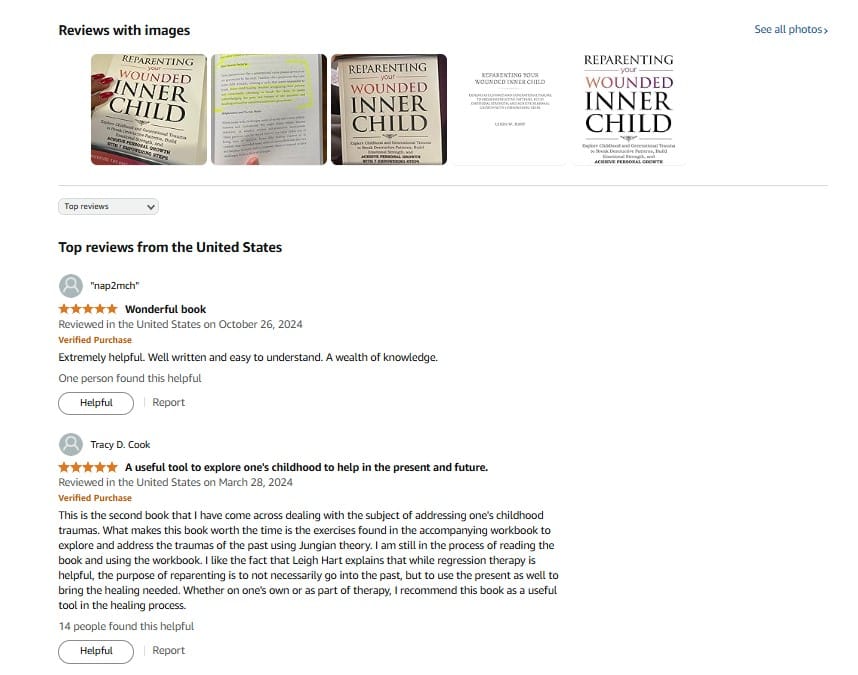
You Are Not Your Mother: Releasing Generational Trauma and Shame (Living Free from Narcissistic Mothers and Fathers) Paperback – June 13, 2023

You Are Not Your Mother: Releasing Generational
Grow your internal self acceptance and resilience with this guide for women
This transformative book empowers you to recognize and break free from the patterns of generational trauma that may have been passed down through your family. By understanding the impact of narcissistic parenting, you can begin to heal and create a healthier future for yourself and future generations.
Pros:
Insightful Guidance: The book provides valuable insights on understanding and overcoming the effects of generational trauma, particularly from narcissistic parents.
Practical Strategies: It offers practical strategies for readers to release shame and build healthier relationships, making it a useful tool for personal growth.
Empowerment: The narrative empowers individuals to break free from toxic family patterns, promoting self-acceptance and healing.
Relatable Experiences: Many readers may find their experiences reflected in the author's stories, fostering a sense of community and validation.
Therapeutic Approach: The book incorporates therapeutic techniques that can aid in emotional recovery and foster resilience.
Cons:
Narrow Focus: Some readers might find the focus on narcissistic parents limiting if they are dealing with different forms of trauma or abuse within their families.
Potentially Triggering Content: Discussions surrounding trauma may be triggering for some individuals who are still processing their experiences.
Oversimplification Risk: Complex issues related to family dynamics might be oversimplified, potentially leading to misunderstandings about healing processes.
Self-Help Limitations: As with many self-help books, individual results may vary significantly; not all strategies will work for everyone’s unique situation.
Requires Commitment: Achieving real change often requires commitment and time, which may be discouraging for those seeking quick solutions to deep-rooted issues.
Customer Reviews
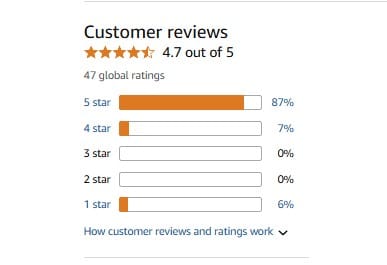
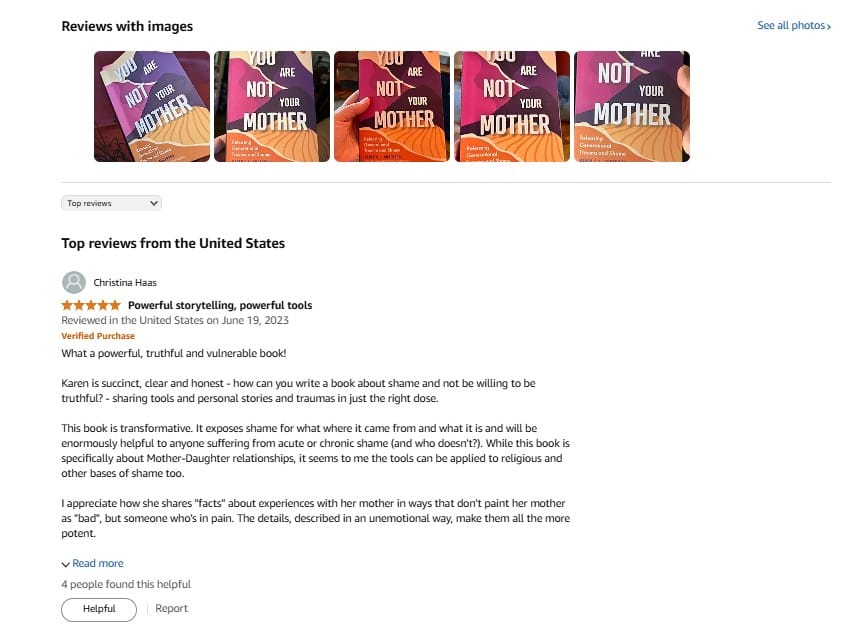
The Inheritors: Moving Forward from Generational Trauma Paperback – June 13, 2017
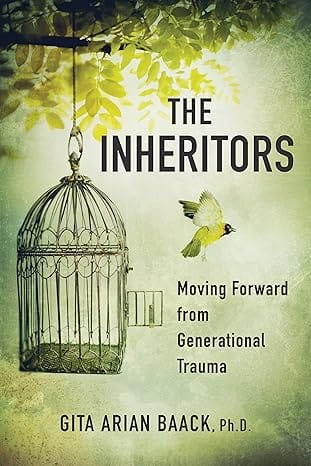
The Inheritors: Moving Forward
Our family legacies, both positive and negative, are passed down
Discover the insightful strategies in The Inheritors that guide you through understanding and overcoming generational trauma. This book empowers readers to identify patterns in their family history, allowing them to break free from cycles that may have affected their well-being for generations.
Pros:
Insightful Perspective: The book provides a fresh viewpoint on generational trauma, helping readers understand its impact on families and individuals.
Practical Strategies: It offers actionable strategies for healing and moving forward, making it a useful resource for those affected by such traumas.
Engaging Narrative: The author’s storytelling style makes complex psychological concepts more accessible and relatable to a broad audience.
Promotes Awareness: It raises awareness about the often-overlooked issue of generational trauma, encouraging important discussions within communities.
Empowerment Focus: The book emphasizes empowerment and resilience, motivating readers to take charge of their healing journeys.
Cons:
Limited Scope: Some readers may find that certain aspects of generational trauma are not thoroughly explored, leaving gaps in understanding.
Personalization Issues: The strategies provided may not resonate with everyone, as each individual’s experience with trauma is unique.
Potential Overgeneralization: Critics might argue that the book occasionally overgeneralizes experiences across different cultures or contexts.
Emotional Weight: The subject matter can be heavy and triggering for some readers, potentially leading to discomfort during reading.
Lack of Empirical Evidence: Some may find the absence of extensive scientific backing for the claims made in the book unconvincing or frustrating.
Customer Reviews
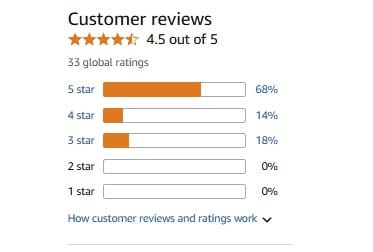
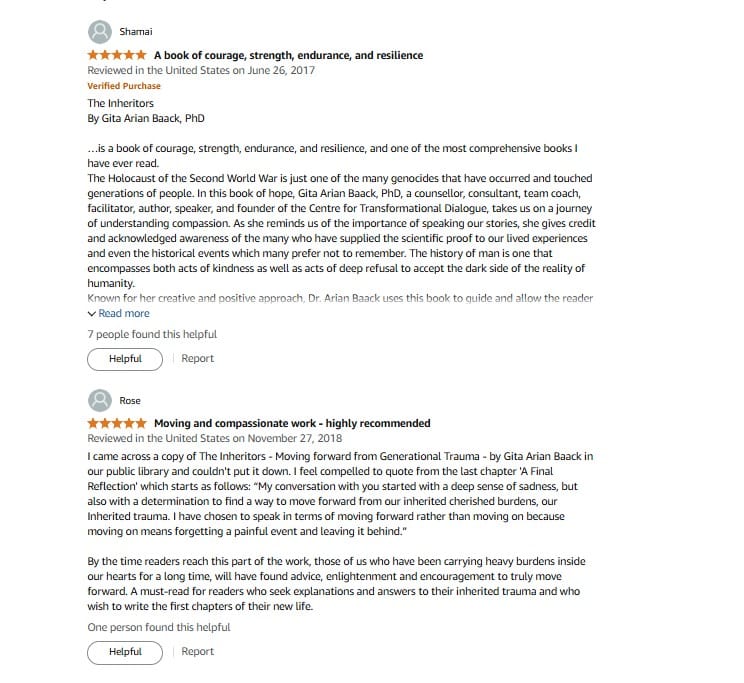
It Starts with Me: One Mom’s Journey to End the Pattern of Generational Trauma Paperback – March 19, 2024

It Starts with Me: One Mom’s
Find purpose and a reason to live beyond individual struggles
It Starts with Me offers a powerful narrative that encourages readers to take control of their own healing journeys. Through the author's personal experiences, you'll discover actionable insights that inspire self-reflection and growth, helping you break free from the cycles of generational trauma.
Pros:
Personal Insight: The book provides a personal narrative that offers readers an intimate look at the author's experiences with generational trauma, fostering empathy and understanding.
Practical Strategies: It may include actionable strategies for breaking the cycle of trauma, which can be beneficial for readers seeking change in their own family dynamics.
Empowerment: The author’s journey can inspire others to take control of their own narratives and work towards healing within their families.
Awareness Raising: This book shines a light on the pervasive issue of generational trauma, encouraging discussions that are often stigmatized or overlooked.
Supportive Community: Readers might find a sense of community through shared experiences, leading to connection with others who have faced similar issues.
Cons:
Niche Audience: The focus on individual experience may limit its appeal to broader audiences who do not resonate with themes of generational trauma.
Potential Triggers: Some content may be triggering for individuals dealing with their own trauma, requiring careful consideration before reading.
Oversimplification Risk: Complex issues surrounding generational trauma might be oversimplified in search of solutions, potentially limiting depth and nuance.
Emotional Weight: The heavy subject matter could lead to emotional fatigue for some readers, making it difficult for them to engage fully with the text.
Pacing Issues: Depending on the writing style, there could be pacing challenges that may affect reader engagement throughout the narrative journey.
Customer Reviews
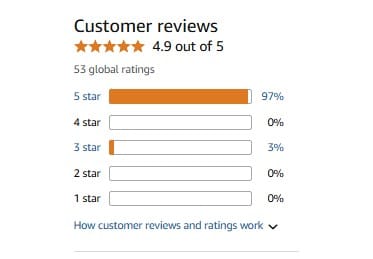

Translating Your Past: Finding Meaning in Family Ancestry, Genetic Clues, and Generational Trauma Paperback – February 22, 2022

Translating Your Past: Finding Meaning in Family Ancestry
We all have a desire to learn more about where we’ve come from
Discover the rich tapestry of your ancestry with Translating Your Past. This insightful guide helps you delve into your family history, revealing the stories and experiences that shaped your lineage, allowing you to better understand who you are today.
Pros:
Enhanced Self-Understanding: Exploring genetic clues can lead to a deeper comprehension of personal traits and behaviors, fostering self-awareness.
Connection to Heritage: Gaining insights into ancestry helps individuals feel more connected to their cultural and familial roots.
Informed Health Choices: Understanding genetic factors can inform health decisions, potentially leading to better lifestyle choices and preventive measures.
Strengthened Family Bonds: Discovering shared genetic traits may strengthen relationships with family members through a shared sense of identity.
Educational Value: The book provides valuable information about genetics, enhancing readers' knowledge about biology and inheritance.
Cons:
Emotional Impact: Uncovering unexpected or negative aspects of one's ancestry could lead to emotional distress or identity crises.
Oversimplification of Identity: Genetics may be presented in a way that oversimplifies complex identities influenced by culture, environment, and personal experiences.
Privacy Concerns: Engaging with genetic data raises issues around privacy and the potential misuse of sensitive information.
Misinterpretation Risks: Readers may misinterpret genetic information or overemphasize its influence on behavior, ignoring other factors like environment.
Cost Considerations: Accessing comprehensive genetic testing for detailed insights can be expensive, limiting participation for some individuals.
Generational trauma, also known as intergenerational or transgenerational trauma, refers to the transmission of trauma and its psychological effects from one generation to the next. This type of trauma can stem from various traumatic events, such as childhood trauma, domestic violence, racial trauma, or collective trauma experienced by particular groups, like Holocaust survivors. The impact of such trauma can manifest in future generations through mental health conditions, physical health problems, and ongoing psychological distress.
To help you better understand this complex issue, we've compiled a list of the most frequently asked questions about generational trauma. These FAQs aim to provide insights into how trauma is inherited, its symptoms, and ways to address and overcome it through mental health counseling, family therapy, and other resources.
Customer Reviews
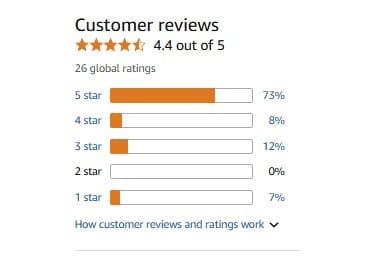
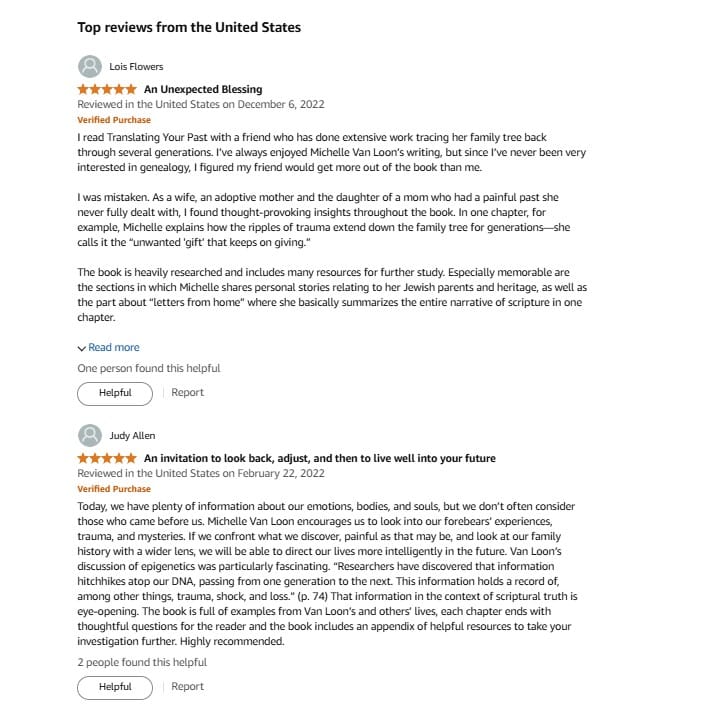

What is considered generational trauma?
Generational trauma, also known as intergenerational or transgenerational trauma, occurs when the effects of a traumatic event experienced by one generation, such as childhood trauma, domestic violence, or even collective trauma like that experienced by Holocaust survivors, are passed down to subsequent generations. This transmission can impact family members' mental health and well-being, often resulting in psychological trauma and chronic stress in future generations.
How is trauma passed down genetically?
Trauma can be passed down genetically through a process called “epigenetic inheritance,” where the traumatic experiences of one generation affect their genetic markers, leading to inherited trauma. Research suggests that traumatic events such as physical health issues, post-traumatic stress disorder symptoms, and stress responses alter DNA expression, which can be passed to children, influencing their mental health and increasing their risk for trauma-related mental illness.
Is intergenerational trauma real?
Yes, intergenerational trauma is a real phenomenon. People experiencing intergenerational trauma often show mental health problems similar to those who experienced the original traumatic event. Numerous studies on families of Holocaust survivors, as well as research into communities affected by racial trauma, sexual abuse, or natural disasters, support the reality of this condition.
Is it possible to escape generational trauma?
Yes, it is possible to escape generational trauma by breaking the cycle. This may involve seeking treatment from mental health professionals, such as family therapy or mental health counseling, focusing on overcoming intergenerational trauma. Support groups, trauma therapists, and trauma-informed care can help trauma survivors and subsequent generations process unresolved trauma.
Are you born with generational trauma?
Generational trauma can affect individuals from birth if their parents' traumatic experiences have impacted their mental health or physical well-being. Trauma experienced by previous generations can influence a child's development, leading to symptoms related to inherited trauma, such as mental health conditions or trauma responses, even if the child has not directly experienced trauma.
How do you break generational trauma?
Breaking generational trauma involves acknowledging the trauma experienced by previous generations and seeking mental health services administration. Support from a mental health professional, such as a trauma therapist or family therapist, can help individuals process unresolved trauma, develop healthy coping mechanisms, and prevent passing trauma responses to their own children.
What is unresolved generational trauma?
Unresolved generational trauma refers to traumatic experiences that have not been properly addressed or healed within a family or community. Such trauma can manifest as mental illnesses, chronic stress, or psychological distress in family members. It often affects both mental and physical health in subsequent generations.
What is the curse of generational trauma?
The "curse" of generational trauma lies in its perpetuation from one generation to the next. Trauma survivors may unintentionally pass their trauma responses to their children through behaviors learned from their own experiences, such as substance abuse or emotional neglect. Without mental health counseling or mental health services, this cycle of trauma can continue indefinitely.
How long does generational trauma last?
Generational trauma can last indefinitely if left unaddressed, impacting multiple generations. Traumatic events such as intimate partner violence, child abuse, or adverse childhood experiences can create long-lasting trauma symptoms that influence a family for generations. However, breaking the cycle through mental healthcare can help stop its transmission.
What is the opposite of generational trauma?
The opposite of generational trauma might be termed "generational healing" or "resilience," where family members break the cycle of trauma and foster mental and emotional health across generations. This involves addressing unresolved trauma through positive coping mechanisms, mental health counseling, and seeking treatment for mental health conditions.
What is another word for generational trauma?
Another term for generational trauma is transgenerational or intergenerational trauma, referring to the transmission of trauma from one generation to the next. Historical trauma can also describe trauma experienced by a particular group over multiple generations, such as racial trauma or trauma following a collective event like genocide.
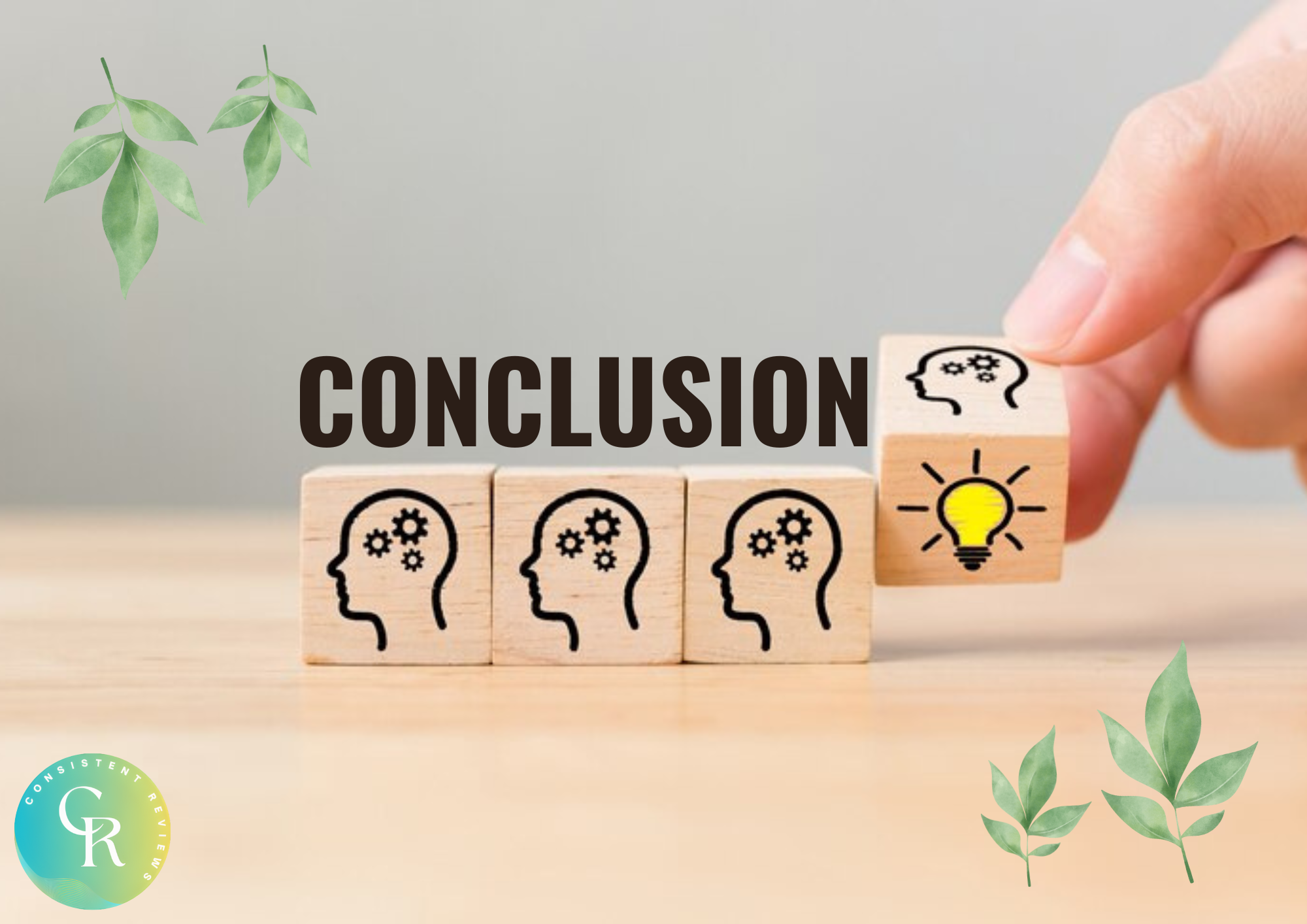
In conclusion, generational trauma is a profound phenomenon that transcends individual experiences, affecting families and communities across time. Understanding its roots and manifestations is essential for breaking the cycle of pain and fostering resilience in future generations. By acknowledging the emotional scars passed down through lineage, we can begin to address the underlying issues that perpetuate this cycle. Healing requires not only personal reflection but also collective efforts to create supportive environments where open dialogue and understanding can flourish. Let us commit to recognizing and addressing generational trauma, paving the way for healing and empowerment for ourselves and those who come after us.
Tap the buttons above to “Check Price” on our recommendations or broaden your search in case our selections do not meet your expectations!
Thanks for spending time with ConsistentReviews and happy shopping! Pace yourself... Tomorrow is another brand-new Shopping Day!


